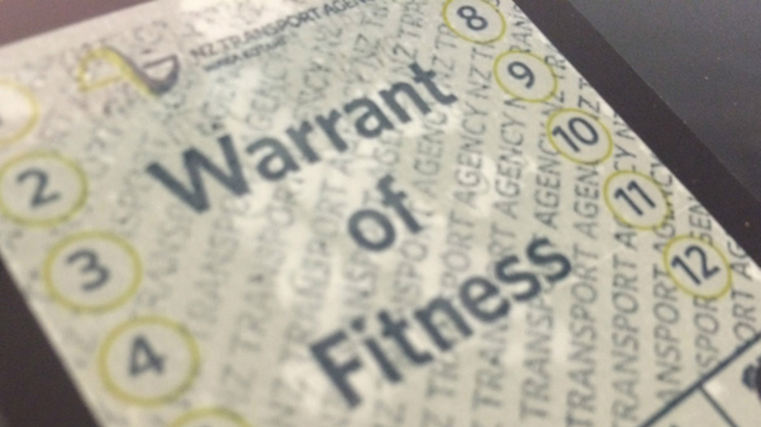Plates to be inspected

Registration plates will become part of the inspection process for warrants and certificates of fitness from March 1.
The NZTA says plates are a key tool for enforcement officers when identifying and addressing poor driver behaviour.
If plates are missing or are hard to read, it affects the quality of information gathered by on-road patrols, cameras with automatic plate recognition, CCTV systems and witness statements.
The amendment, which excludes forklifts, tractors and unclassified vehicles, is the result of a long-term project between the transport agency, police and key industry stakeholders.
A spokesperson for the NZTA says: “It’s important to note that the motor-vehicle registration and licensing regulations haven’t changed. We’re just aligning the safety and compliance inspection process to support them.”
Meanwhile, new Covid-19 temporary exemption requests have ended. After the first lockdown in 2020, the government asked the NZTA to consider several changes to the inspection process.
Because people couldn’t renew WOF and COF certifications during the lockdown, the industry expected difficulties due to isolation requirements, staff shortages and unknown inspection volumes afterwards. The changes were intended to help manage those issues.
The NZTA says: “We agreed on a ‘stop clock’ system, which allowed an added grace period for recheck inspections – typically 28 days. This helped during the later stages of the Covid response as different areas had different lockdown levels.
“Inspecting organisations were also able to apply for an exemption from section 2.4(1) of the Land Transport Rule: Vehicle Standards Compliance 2002 to do extended activities. This allowed inspectors to inspect outside their usual appointment.
“It included allowing group 26 rental-vehicle inspections by a WOF inspector and component checks, such as vehicle identification, to be completed on COF vehicles by a WOF inspector. This helped relieve pressure on the industry.
“As the government has removed all Covid-19 requirements, we’ll no longer grant new exemption requests. However, we’ll allow extended activities to be used by people already granted the exemption until January 31.
“We wish to acknowledge the success of this united approach between regulator and industry during what was a very difficult time.”





